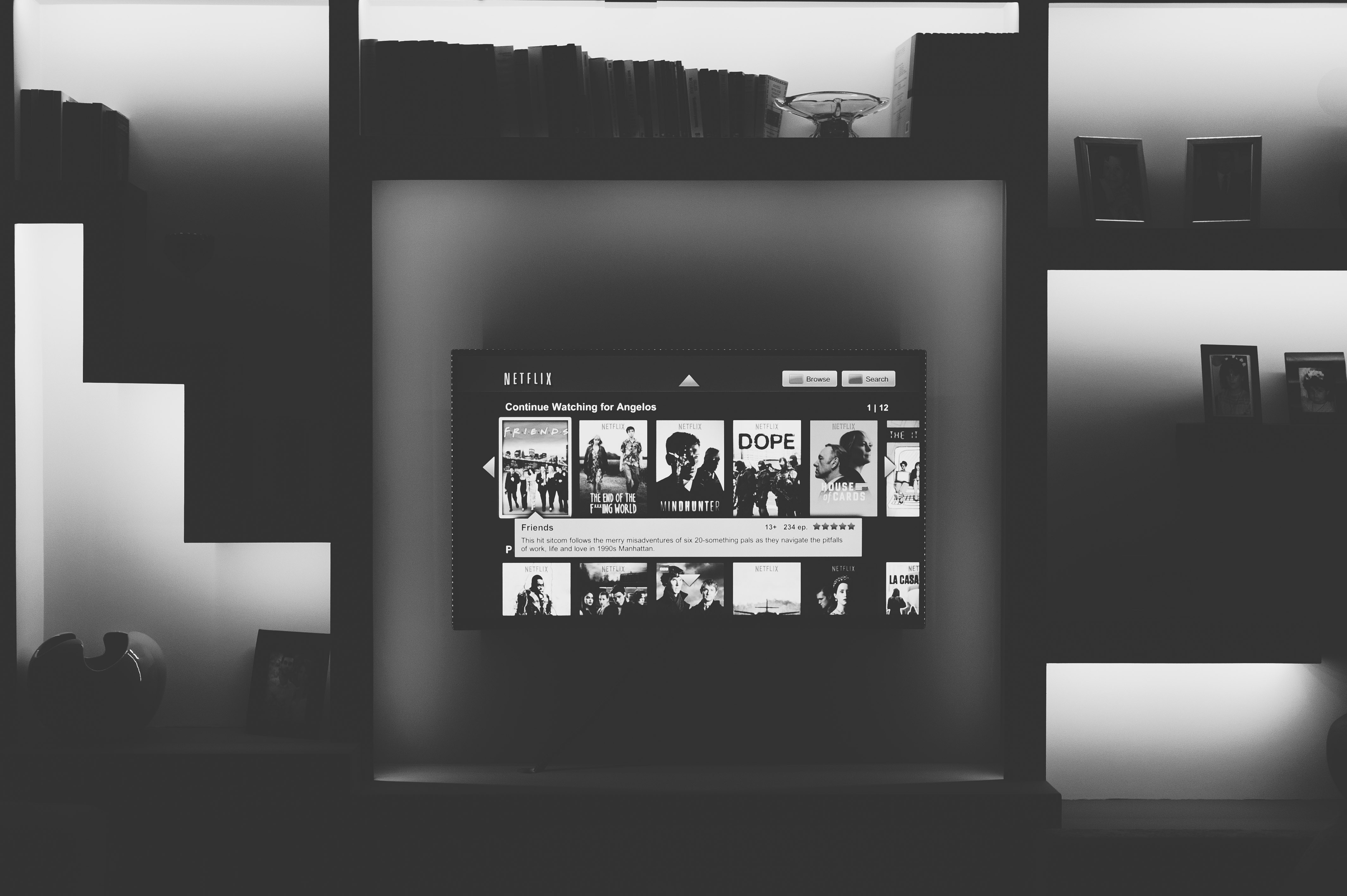
Breaking the Habit

We are creatures of habit. As Charles Duhigg describes in his book, The Power of Habit: Why We Do What We Do in Life and Business, habits “emerge because the brain is constantly looking for ways to save effort.” They are routines that automate parts of our behavior. Habits can be so firmly ingrained into our neural networks that we aren’t conscious of them, and we don’t need to put much thought into following through with them. Whether they are good or bad, habits shape our actions and set the course of our days.
Duhigg explains how habits work through a “loop”: there is a cue, which triggers a habit; then there is a routine, which is the automatic behavior; lastly, there is a reward, which determines your drive to keep the habit. This habit loop cultivates a craving for the reward, which wires the brain to follow the certain routine every time you are triggered by the cue. Consider the last time you buckled your seatbelt before driving. Notice how effortlessly you just do this; it is as if you are programmed to automatically do this same action every time you get into your car. That is your habit loop at work.
As a college student who has to balance school, work and my other obligations, I need to make sure I have the right habits to manage my time well so that I do not stress myself out. But establishing good habits can be difficult. For example, in the past, whenever I got home from school or work, I would find myself watching shows on Netflix. Then I would stay up late to finish my homework; as a result, I would only sleep 4-5 hours. I wanted to do well in school and not be tired when I went to class, but I repeatedly fell into this habit even after suffering the consequences. I recognized this as a bad habit and committed to changing it.
Breaking an established habit loop is neither a fast nor simple process. The most important tip Duhigg offers is that in order to break a habit and establish new ones, you must analyze your habit loop. First, think about the routine that you want to change, then identify your cues, then try to figure out what cravings are driving your routine, and finally, make a plan for yourself to change that routine. After reading this book, I thought about my habit loop. The routine I wanted to change was procrastinating through Netflix. I noticed the cue to this routine was coming home after a long day at school. I realized I did this because I was craving an outlet to de-stress. Therefore, I brainstormed several ways I could de-stress that would not affect my sleep or productivity. For example, I could take a shower, I could exercise, or I could talk to a good friend before starting my homework.
The next step is to try the alternative routines to see what works. At first, I had to remind myself to do try them. Since I would open my laptop after coming home from school, I added sticky-note reminders around my computer monitor that said “Go take a shower, exercise, or call a friend.” I also had calendar alerts on my laptop so it would be harder for me to ignore them. Breaking a habit requires effort. Along with giving myself reminders, I also had to make a conscious effort to stop myself when I was about to start watching shows. I told myself, “No, I have to do something else.” Over a period of a few weeks, I discovered that the alternative routine that worked the most for me was to take a shower after school. After my shower, I was ready to sit down and start my homework. Better still, after a few weeks of having these reminders, I stopped needing them. I didn’t need to look at the sticky notes or calendar alerts to stop myself from going on Netflix and to take a shower instead. Eventually, I would just automatically take a shower upon coming home. Before I even knew it, I had broken my old habit and had replaced it with a new, better one! I no longer had the urge to go on Netflix upon coming home. I feel more energized and motivated to do homework after taking a shower. I am now getting more sleep so that I am rested and alert for my classes.
Through this transformation, I have discovered that I have the power to change my habits to make sure they are ones that will help me achieve my heartfelt goals. That, according to Duhigg, is the real power of habit: “the insight that your habits are what you choose them to be.”
 Trixie Cruz has been a member of the Interactive Measurement Group since Fall 2017. Trixie is a pre-nursing student with a minor in psychology. She plans to enroll in UNLV’s nursing program and eventually pursue a Doctorate in Nursing Practice.
Trixie Cruz has been a member of the Interactive Measurement Group since Fall 2017. Trixie is a pre-nursing student with a minor in psychology. She plans to enroll in UNLV’s nursing program and eventually pursue a Doctorate in Nursing Practice.